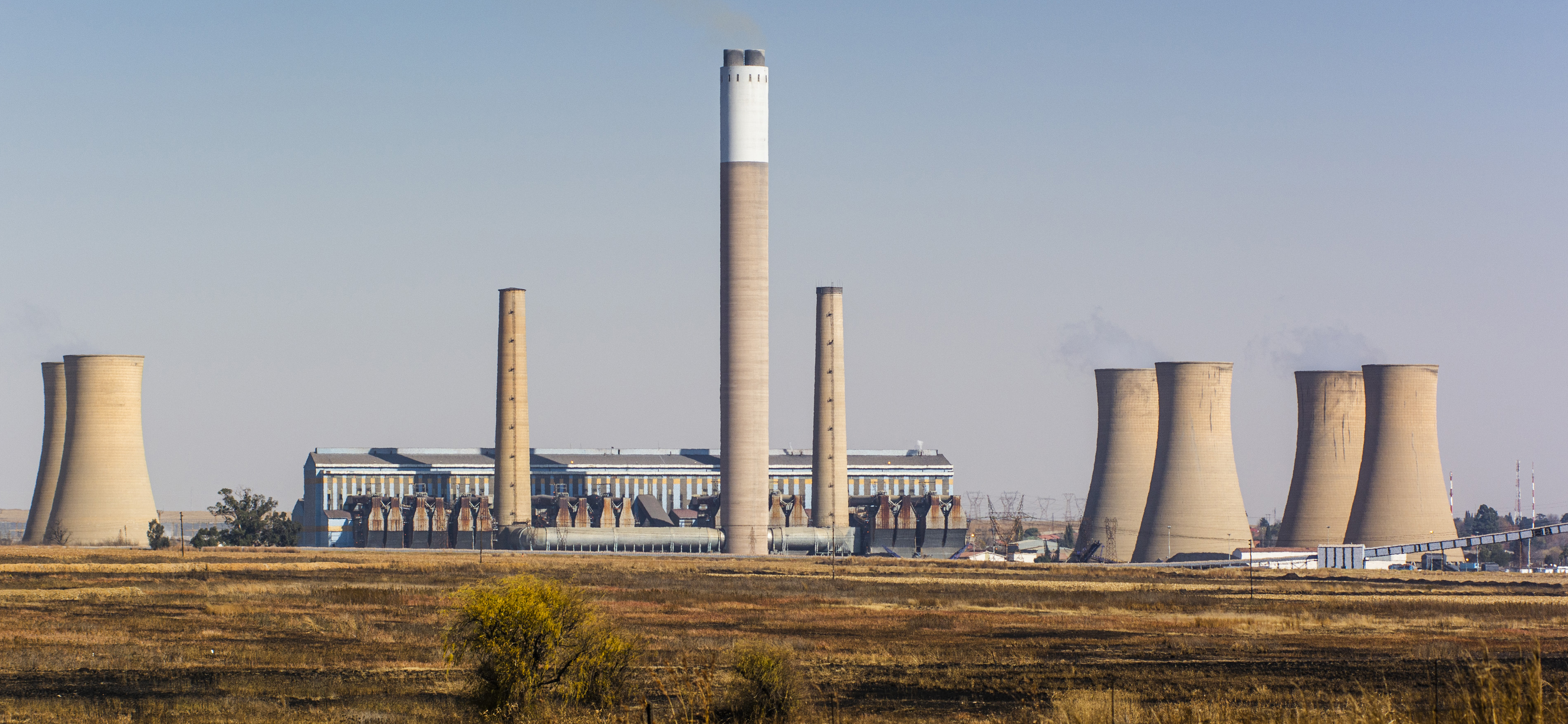The rolling blackouts crisis has disrupted the lives and livelihoods of South Africans, and some have called for the complete privatisation of the national grid to guarantee a reliable supply of energy given Eskom’s inability to ensure an uninterrupted power supply.
Several factors have hampered Eskom’s delivery of electricity including ageing infrastructure of power plants and insufficient maintenance which have led to frequent breakdowns and reduced generation capacity. In addition, years of mismanagement, corruption, and a lack of investment in new power generation facilities have hindered the utility’s operational efficiency, as has the ever-increasing demand for electricity, which has put enormous strain on the existing grid.
Fully Privatising Eskom is not the answer
However, privatising Eskom is not the answer because privatisation emphasises profit, which will likely result in higher electricity prices, making it less affordable for low-income households.
It can be expected that private companies will prioritise investments in urban and more affluent areas, neglecting rural or low-income regions, widening the service gap. These factors suggest that privatising Eskom will exacerbate inequality rather than promote equitable access to electricity for all South Africans.
Learning from Guatemala
In 1999, the government of Guatemala launched the Plan de Electrificación Rural (PER), a public-private partnership to bring power “to the most remote corners of our country.” Rural electrification was an important part of a peace dividend to be distributed to groups that had suffered disproportionately during the 36-year civil war, including indigenous communities in isolated high-elevation locations. Between 1999 and 2011, electricity access jumped from 700,000 households in rural areas to almost 1.4 million households. Among these newly electrified households were 40% of the Guatemalan population self-identifying as indigenous.
While the decision initially attracted investments and expanded coverage, it also resulted in a significant disparity in service quality and pricing between urban and rural areas. Urban households, which were more concentrated and numerous, enjoyed lower bills and better service, while rural customers, especially in indigenous communities, faced higher costs and had more frequent service complaints.
This resulted in a call by affected citizens for state intervention to provide affordable electricity.
Rural areas in various parts of the country considered the charge to be disproportionate and declared their refusal to pay. Then it became a bigger demand: that the state manages energy and sells it cheaply again. Now, the government pays $88-million monthly to subsidise those who consume less.
As South Africa remains in the grip of daily rolling blackout episodes, promoting privatisation as a solution to the energy crisis must be confronted to avoid the continuing disparity in access to electricity. DM
Vaclav Masek Sánchez is from Guatemala City and based in Los Angeles, California. Vaclav has a monthly opinion editorial in the Sunday edition of El Periódico, Guatemala’s leading newspaper, where he publishes articles on public sociology.
Amanda Hodgeson [They | She] is a queer feminist activist. Their work centres on developing, uncovering and co-creating the tools and practices necessary to design, build and embody non-normative societies, futures and states of being. Linda Daniels is a journalist and media trainer.




